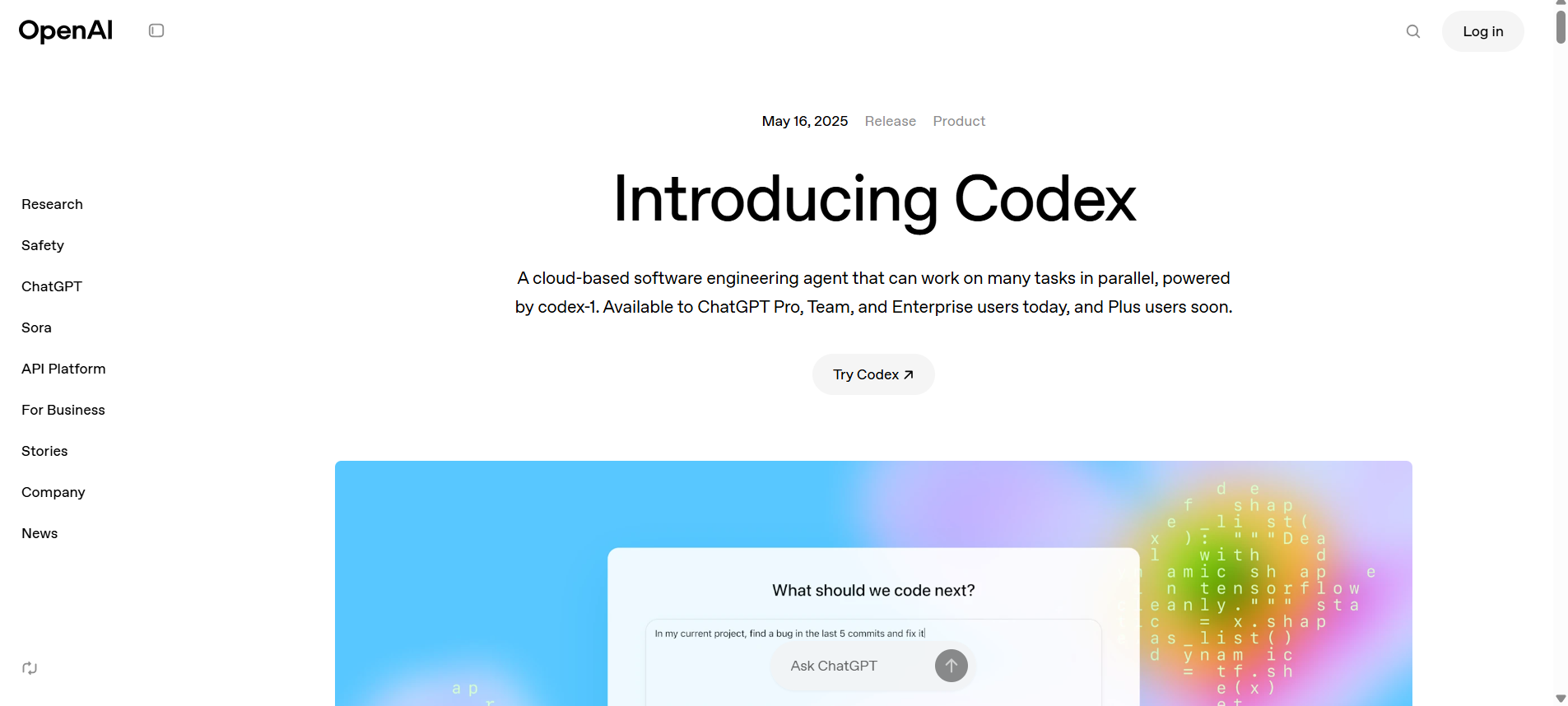Amazon is upgrading its decade-old Alexa voice assistant with generative artificial intelligence and intends to charge a monthly membership fee to cover the expense of the technology, according to sources familiar with the company’s intentions.
According to two sources familiar with the matter, the Seattle-based tech and retail giant will launch a more conversational version of Alexa later this year, potentially positioning it to better compete with new generative AI-powered chatbots from companies such as Google and OpenAI. Amazon’s Alexa membership will not be included in the $139-per-year Prime package, and the pricing has yet to be determined, according to one source.

While Amazon impressed customers with Alexa’s voice-driven chores in 2014, its skills may appear out of date in light of current advances in AI. Last week, OpenAI debuted GPT-4o, which can engage in two-way conversations and go much deeper than Alexa. For example, it can translate discussions into multiple languages in real time. Google released a similar generative AI-powered voice capability for Gemini.
Business Insider initially reported on Amazon’s plans to redesign Alexa and create a new paid membership plan in 2024. Amazon’s former SVP of devices and services, David Limp, told The Verge in September that the company was thinking about charging for a more capable version of Alexa.
Last week’s disclosures were perceived as a threat to Alexa and Siri, Apple’s voice assistant features for iPhones. On a recent podcast, NYU professor Scott Galloway referred to the updates as “Alexa and Siri killers”. Many people use Alexa and Siri to perform simple tasks like setting timers or alarms and announcing the weather.
The recent development of new AI chatbots has raised internal pressure on a division that was previously considered as a pet of Amazon founder Jeff Bezos, according to sources, but has been subject to severe business imperatives since his departure.
Three former employees noted Bezos’ early preoccupation with Alexa, describing it as his passion project. Bezos’ attention resulted in more dollars and less pressure to repay those assets soon.
That changed when Andy Jassy became CEO in 2021, according to three people. Jassy was tasked with rightsizing Amazon’s business during the pandemic, and Alexa became less of an internal focus, according to sources. According to one source, Jassy has been disappointed with the capabilities of modern-day Alexa. According to one source, the Alexa team was concerned that they had built an expensive alarm clock, weather machine, and a method of playing Spotify music.
For example, Jassy, an avid sports fan, requested the voice assistant for the live score of a recent game, according to a source in the room, and was openly annoyed that Alexa didn’t know the answer, which was easily found online.
When asked for response, Amazon referred to the company’s annual shareholder letter from last month. In it, Jassy stated that the company was developing a “substantial number of GenAI applications across every Amazon consumer business,” including “an even more intelligent and capable Alexa.”
The team is now faced with making Alexa a relevant gadget that can compete with the new AI competitors, as well as one that justifies Amazon’s investment in resources and people. According to the three sources, the team has undergone a dramatic restructure, with many members moving to the artificial general intelligence, or AGI, team. Others alluded to bloat among Alexa’s thousands of employees.
As of 2023, Amazon claimed to have sold over 500 million Alexa-enabled devices, establishing a stronghold among consumers.
Was Alexa too early?
Apple, Amazon, and Google pioneered AI-powered speech assistants. However, the latest wave of powerful generative AI permits far more creative, human-like interactions. The New York Times reports that Apple will debut a more conversational Siri at its annual developers conference in June.
Those who worked on the Alexa team view it as a fantastic idea that may have been implemented too soon, and they believe it will be difficult to turn things back.
Finding AI engineering expertise can be challenging, as OpenAI, Microsoft, and Google all recruit from the same pool of academics and tech people. Furthermore, generative AI workloads are expensive due to the hardware and computational resources required. One source estimated the cost of employing generative AI in Alexa at 2 cents every question, with a $20 price tag being mentioned internally. Another proposed that it should be in the single digits, which would make it less expensive than other subscription options. ChatGPT by OpenAI charges $20 per month for sophisticated models.
Still, they see Alexa’s established user base, which includes devices in hundreds of millions of households, as a potential. According to those who worked on Alexa, the fact that it is already in people’s living rooms and kitchens raises the stakes and makes mistakes more costly if Alexa fails to grasp a command or offers inaccurate information.
Amazon has been battling the idea that it lags behind in artificial intelligence. Amazon Web Services offers several AI models, but lacks a top-tier large language model to compete with OpenAI, Google, and Meta. Amazon spent $2.75 billion on AI startup Anthropic, the company’s largest venture investment in three decades. Google also has an anthropological investment and collaboration.
According to a source, Amazon will improve Alexa using its own huge language model, Titan.
According to two sources close to Bezos, he has expressed concern that Amazon is falling behind in AI. According to CNBC, Bezos is still “very involved” in Amazon’s AI initiatives and has been emailing Amazon officials to inquire about why certain AI firms prefer other cloud providers over AWS.
For more latest updates from the world of AI, remain hooked on to mortentechnologies.com!










Leave a Reply